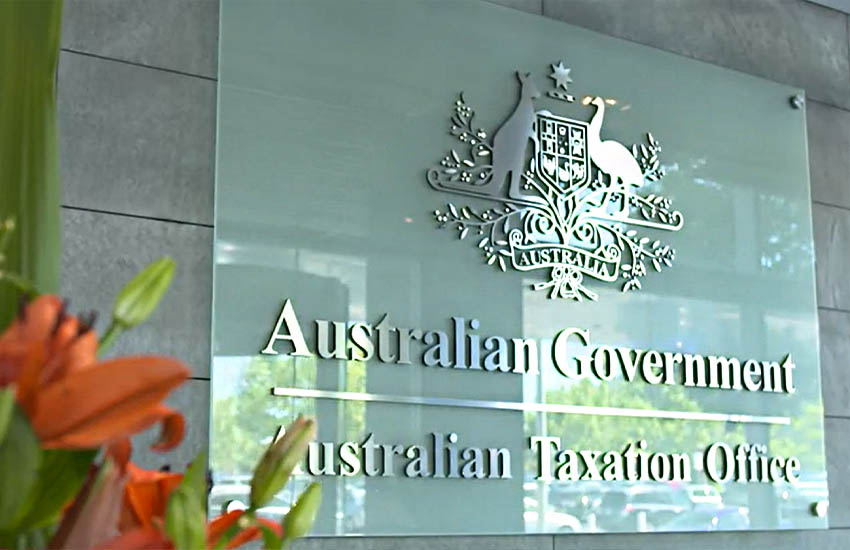You’re out of free articles for this month
The ATO explained in PS LA 2021/D3 that where a person receives a payment from a super fund and the fund was not maintained in accordance with the sole purpose test or the benefit breaches the payment standards in subsection 31(1) of the SISA, the benefit will be included in the person’s assessable income.
If the ATO considers this unreasonable, however, it may decide to exercise discretion so that the amount is not included in the person’s assessable income under Division 304.
When deciding whether to exercise discretion, the draft PS LA states that the ATO will consider the nature of the fund and any other relevant matters.
If the ATO does exercise discretion for a superannuation benefit, the benefit will still be assessable but is subject to the relevant tax treatment set out in Divisions 301, 302 or 303, the draft guidance explains.
“That part of the benefit, therefore, may be subject to less tax than it would have been if included under section 304-10,” it stated.
Factors that support exercising the discretion favourably
The draft PS LA states that the nature of the fund will be an important factor for determining whether discretion is exercised, as it affects how much effective control the recipient of a benefit has.
“If a benefit arises in circumstances that are genuinely out of the effective control of the person, this may support you exercising the discretion in their favour,” the guidance stated.
The draft PS LA stated that SMSFs are expected to have effective control over the SMSF’s management, and the amount and timing of all benefit payments paid from an SMSF.
“By contrast, [APRA-regulated] funds have trustees or administrators who are generally expected to be acting at arm's length from the members. This means the members are less likely to have effective control over the superannuation fund's management and payment of benefits,” it stated.
It noted that there may be limited situations where an SMSF member does not have effective control over the amount paid from the SMSF, however.
“This would include, for example, where a bank made an error and paid more from a transition to retirement pension than was requested by the member,” the guidance explained.
Factors that will have little or no weight on the discretion
The PS LA stated that a person suffering financial hardship or distress when accessing the benefit, such as borrowing from their superannuation fund to maintain their business or family home, will have little or no weight on whether to exercise discretion. The fact that the tax consequences under Division 304 may be undesirable or difficult for the person to meet is also unlikely to support favourable discretion.
It also stated that attempted rectification of the transaction by paying an equivalent amount to the superannuation benefit to the superannuation fund immediately or shortly after receiving the benefit is also a factor unlikely to provide support for the ATO exercising the discretion favourably.
This is also the case where a person has been disqualified from being a superannuation fund trustee.
The PS LA also made it clear that if a superannuation benefit has been accessed under an illegal early release scheme, the ATO generally would not exercise the discretion.
“This is the case even where the person loses the benefit of the funds due to fraudulent activity committed by another person (for example, the promoter of the scheme) after it has been released,” it warned.
TD 2021/D6
The draft determination states that superannuation benefits received from a super fund that are not in accordance with the payment standards prescribed under subsection 31(1) of the Superannuation Industry (Supervision) Act 1993, will be included in the taxpayer’s assessable income under subsection 304-10(1).
“This treatment applies despite the application of Divisions 301, 302 and 303,” it states.
“However, you do not include an amount in your assessable income under section 304-10 to the extent the commissioner is satisfied that this would be unreasonable having regard to the matters in subsection 304-10(4). Where the commissioner is satisfied, the superannuation benefit is subject to the relevant tax treatment set out in Divisions 301, 302 or 303.”
The ATO stated that while this determination applies to superannuation benefits received from a complying superannuation fund, it would take the same view for other amounts that would be included in an individual's assessable income under Division 304, but for the commissioner exercising the discretion in subsection 304-10(4).
“For example, superannuation benefits received from approved deposit funds,” it stated.

 Login
Login







